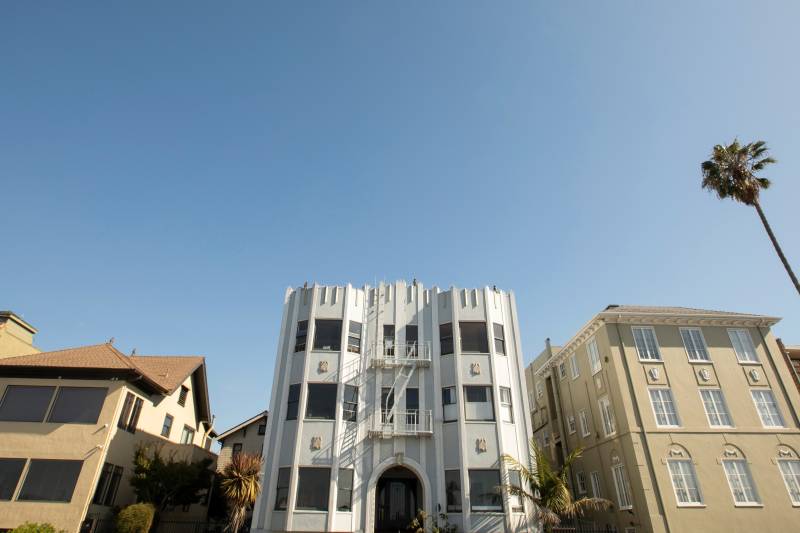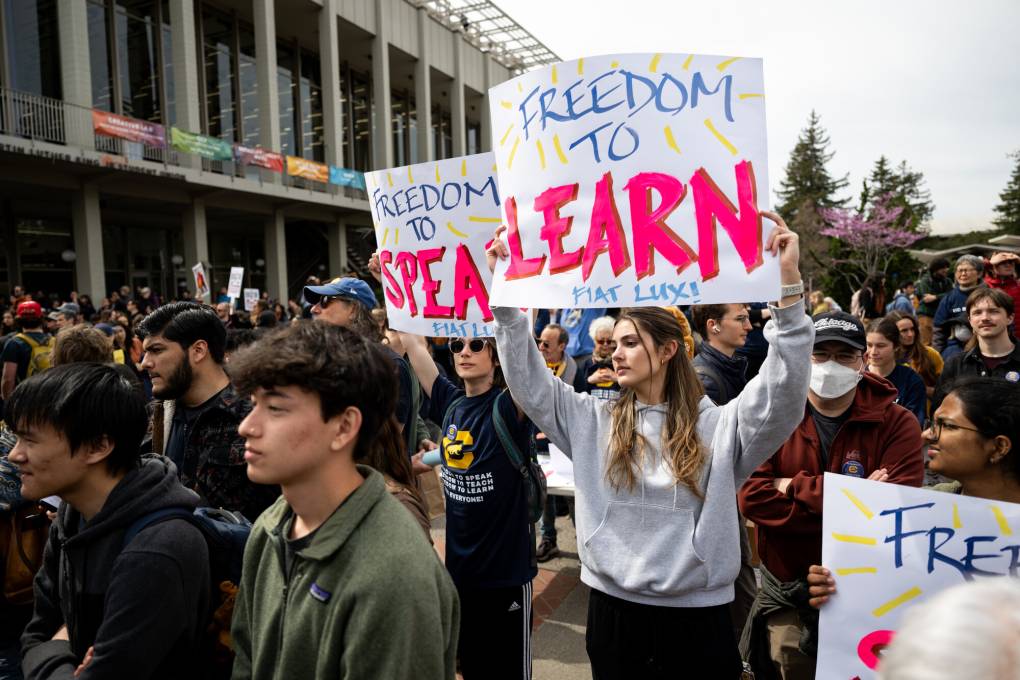After months of debate, Oakland’s eviction moratorium expired on Saturday, July 15. The move comes after Alameda County ended its public health emergency and its own eviction moratorium back in April. Oakland had been one of the last remaining cities in the country with this type of protection for tenants, along with San Francisco and Berkeley.
In the rest of Alameda County, evictions spiked after the county’s moratorium was lifted, rising to above pre-pandemic highs. With the majority of Oakland residents renting their homes, and the city having a higher percentage of renters compared to the county as a whole (PDF), many advocates fear that this change will lead to an even greater wave of evictions.
Jump straight to:
- What does the end of Oakland’s eviction moratorium mean for renters?
- What can Oakland renters be evicted for starting July 15?
- Do Oakland renters now have to pay back rent?
- Where can Oakland renters find legal advice and resources?
- What should Oakland landlords know?
Evictions on the horizon
“We’re all terrified to see [the moratorium] sunset,” said Anne Tamiko Omura, executive director of the Eviction Defense Center (EDC). “We’ve already seen the effects of the Alameda County moratorium sunsetting and the massive amounts of evictions that are being filed. So we can only imagine what’s waiting for us in Oakland.”
In 2019, Tamiko Omura said, there were less than 4,000 evictions — but she expects that after the moratorium lifts, evictions will now surpass that number in less than three months.
If you’re a renter, this doesn’t necessarily mean you can be immediately evicted, as various tenant protections still remain in place and some were recently added by the Oakland City Council.
Leah Simon-Weisberg, legal director of the Alliance of Californians for Community Empowerment (ACCE), said her organization is “expecting to see a lot of evictions filed.”
Simon-Weisberg’s key message? “We’re working really hard to get the message out that you can’t be evicted for the rent that people may have accrued during the pandemic,” she said.
So what do you need to know about Oakland’s eviction moratorium expiring? If you’re an Oakland renter — or a landlord in the city — how will the end of the moratorium affect you? Keep reading for details on who can be evicted in Oakland and what renter protections continue to exist after July 15.





